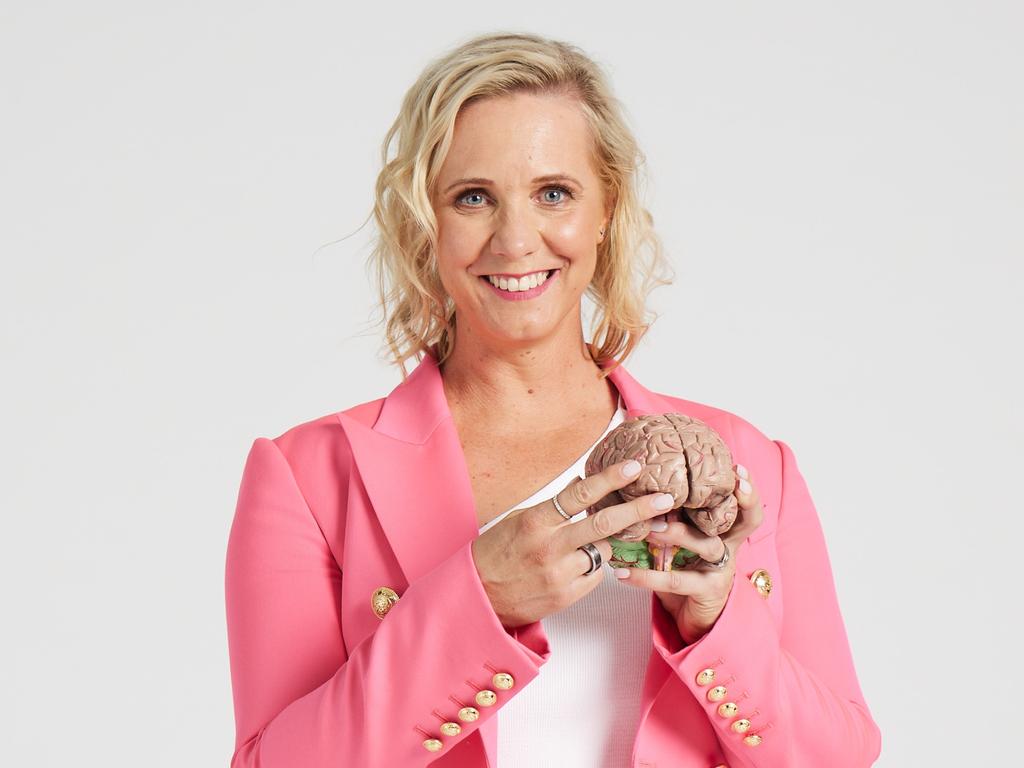How Smartphones making us less intelligent
Struggling to remember basic facts or recall details could be a sign of “infobesity”. See how smartphones are affecting our brains.

Smartphone use has been blamed on a massive rise in mental health issues, as well as an equally worrying decline in IQ test scores.
The new National Health Survey shows mental health conditions have almost tripled since 2007, when the first smartphones hit the market.
Meanwhile a new study from Northwestern University in the United States has found evidence that in IQ tests, results in three out of four areas were declining. Verbal reasoning, visual problem-solving and mathematical skills were worse; only spatial reasoning improved.

The study suggested the so-called “Flynn effect” – a theory that IQ test scores have been consistently increasing by about three to five points per decade since 1984 – had stopped, and a “reverse Flynn effect” could now be in place.
One possible factor is digital disruption, because our working memory – the window that allows us to process information during the day – only holds about 90 seconds of detail a time. Each time our phones beep and distract us with new information, we start the clock again, costing a lot of extra brain power.

“Our intelligence is going down,” said Dr Mark Williams, a neuroscientist at Macquarie University. The link between that trend and smartphone use was “correlational,” he said, “but nothing else as significant has happened during that period.”
“Our brains are incapable of multi-tasking,” he said. “If you’re trying to do two things at once, you’re task switching. Your attention network is taking you from one task to the other and back again. Every time you do that, you lose 90 seconds … you lose about 30 to 40 per cent of your time.”
Information overload also affects our ability to sleep and form long-term memories.
Dr Kristy Goodwin, a Sydney-based digital wellbeing expert, said it’s known as “infobesity”.
“Many people at conferences and workshops raise their hand when I ask them if they’re finding it harder to recall basic facts, details and dates. Many people have blamed their declining memory skills on their age – I frequently hear people saying, ‘It’s menopause’ or ‘I must be getting old’,” she said.
“The reality is that we’re trying to consume and hold too much information.”

Studies suggest we consume as much as 74 gigabytes worth of data every 24 hours. A recent Finder survey found one in six Australians uses their phone more than five hours per day.
“Our hippocampus – the brain’s memory centre, which I liken to our brain’s hard drive – has not increased its capacity. We cannot load more RAM onto our hippocampus,” said Dr Goodwin.
“Many of us have [turned] to multi-tasking, working for long periods and having our days peppered with digital distractions. These digital habits are completely incongruent with our neurobiology.”
The good news is experts say our brains can be retrained to improve cognitive performance.

Ruth Limkin, a Brisbane-based businesswoman, recently imposed boundaries on her use of technology.
She limited notifications on her devices, encouraged her team to stop sending work emails after hours, prioritised reading and time spent outdoors, and said she immediately found it easier to focus.
“I feel so much more energised, so much more productive at work, it really is remarkable,” she said.
More Coverage
Originally published as How Smartphones making us less intelligent









